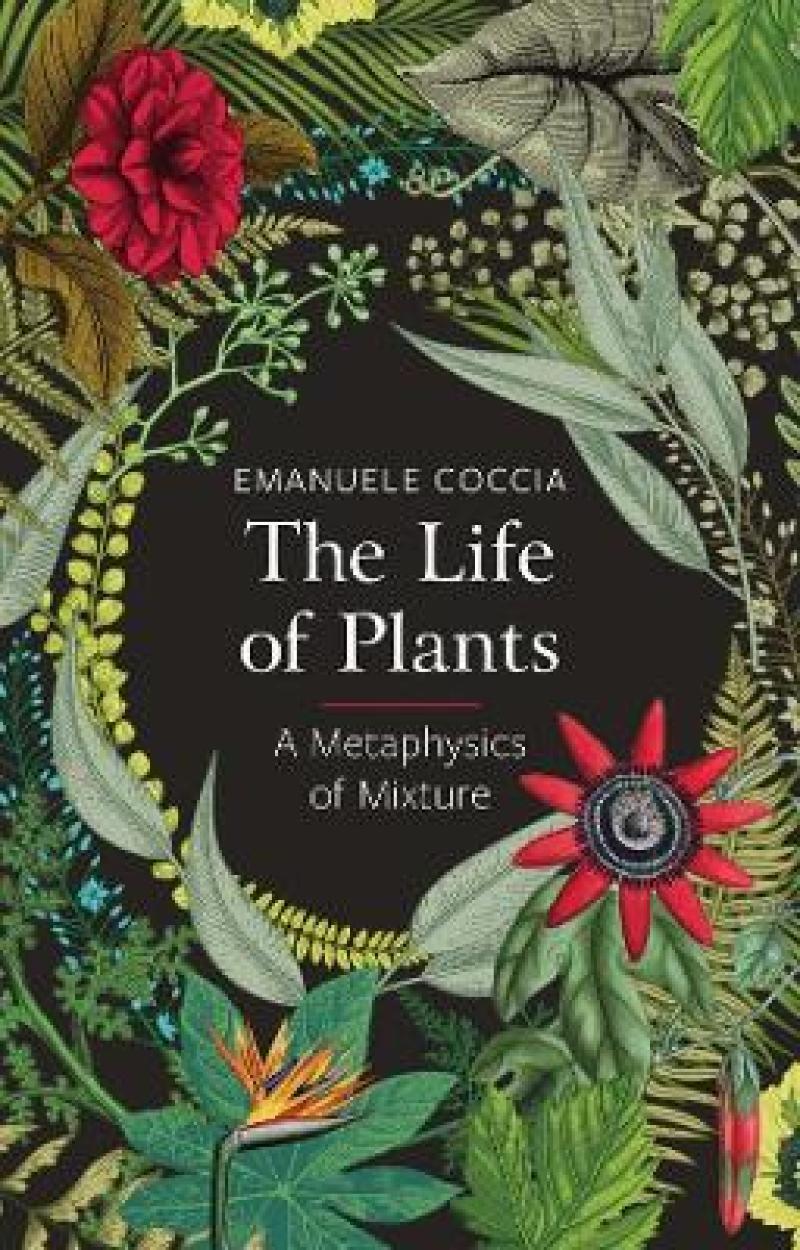“Back to animals! Back to mushrooms! And now back to plants! It is with plants that this marvellous, witty, and immensely literate book wants us, the human readers, to get acquainted again. And, of course, with plants it is actually toward the sun that we are reoriented. Philosophy is on the move again, not exactly forward but downward, giving a completely different meaning to what counts as a foundation to thought.”<b> <br />Bruno Latour<br /><br /></b>“The view of life as interdependence is a particularly affecting and relevant way to think about living and coping in the Anthropocene, when the ways that humans affect the literal composition of the atmosphere has become the existential question of our time.”<br /><b><i>The Nation</i><br /></b>
We barely talk about them and seldom know their names. Philosophy has always overlooked them; even biology considers them as mere decoration on the tree of life. And yet plants give life to the Earth: they produce the atmosphere that surrounds us, they are the origin of the oxygen that animates us. Plants embody the most direct, elementary connection that life can establish with the world.
In this highly original book, Emanuele Coccia argues that, as the very creator of atmosphere, plants occupy the fundamental position from which we should analyze all elements of life. From this standpoint, we can no longer perceive the world as a simple collection of objects or as a universal space containing all things, but as the site of a veritable metaphysical mixture. Since our atmosphere is rendered possible through plants alone, life only perpetuates itself through the very circle of consumption undertaken by plants. In other words, life exists only insofar as it consumes other life, removing any moral or ethical considerations from the equation. In contrast to trends of thought that discuss nature and the cosmos in general terms, Coccia’s account brings the infinitely small together with the infinitely big, offering a radical redefinition of the place of humanity within the realm of life.
Acknowledgments ix
Author’s Preface xi
I Prologue
1 On Plants, or the Origin of Our World 3
2 The Extension of the Domain of Life 7
3 On Plants, or the Life of the Spirit 12
4 Toward a Philosophy of Nature 17
II Leaf Theory: The Atmosphere of the World
5 Leaves 25
6 Tiktaalik roseae 29
7 In Open Air: Ontology of the Atmosphere 35
8 The Breath of the World 54
9 Everything Is in Everything 66
III Theory of the Root: The Life of the Stars
10 Roots 77
11 The Deepest Are the Stars 86
IV Theory of the Flower: The Reason of Forms
12 Flowers 99
13 Reason Is Sex 105
V Epilogue
14 On Speculative Autotrophy 113
15 Like an Atmosphere 119
Notes 123
Produktdetaljer
Biografisk notat
Emanuele Coccia is Associate Professor at the École des Hautes Études en Sciences Sociales (EHESS), Paris.


